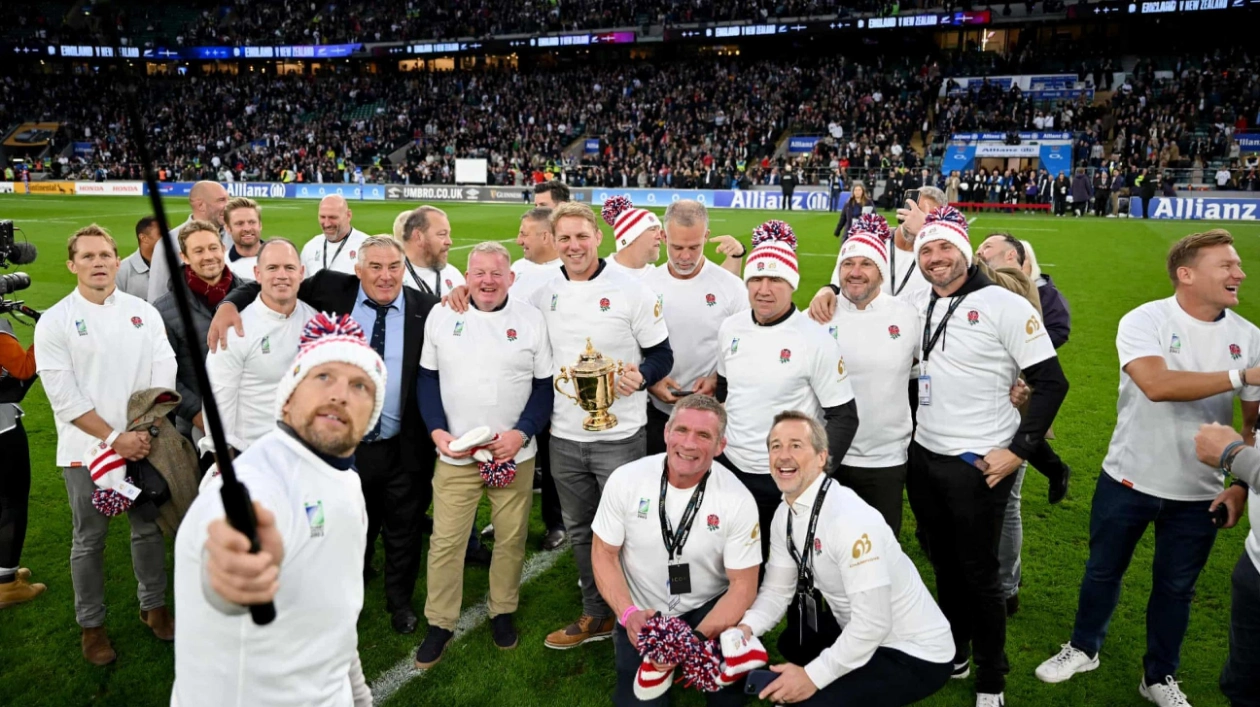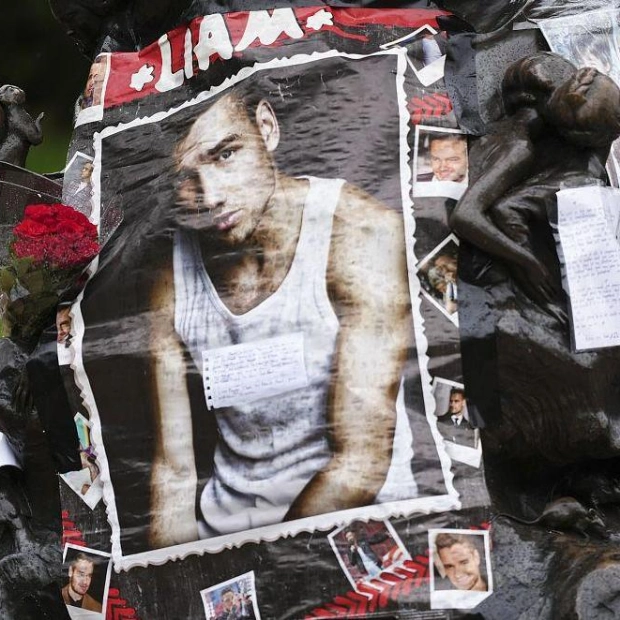Rugby, often celebrated for its physicality and camaraderie, can also be a brutally challenging sport, both on and off the field. This is especially true when discussing the painful truths revealed by those who have experienced its highest highs and lowest lows. Such was the case in the recent documentary, Unbreakable: England 2003, released on TNT Sport, where former England players Phil Vickery and Steve Thompson shared their harrowing experiences.
In what should have been a joyous reunion of old teammates, the documentary instead delivered a deeply sobering account of the personal struggles faced by these rugby legends. Thompson, now 46, revealed that he can no longer recall the triumph of winning the 2003 Rugby World Cup due to his diagnosis of early-onset dementia in 2020. He spoke candidly about his suicidal thoughts, expressing that his absence might be less of a burden for those around him. Vickery, in response, placed a comforting hand on Thompson’s knee and shared his own struggles, stating, “I know what I signed up for, but I didn’t sign up to be brain damaged.”
Both Vickery, 48, and Thompson are among the retired players pursuing legal action against rugby’s governing bodies, highlighting the neurological issues they face. Vickery describes his condition as “a bit of my brain that’s dead and shouldn’t be,” with an uncertain future ahead. Despite his challenges, he remains stoic, focusing on creating small memories rather than dwelling on what lies ahead. His resilience is matched by the heavy toll his career has taken, including a divorce and bankruptcy.
Thompson reflects on their era of rugby, noting that players rarely questioned the long-term consequences of their profession, focusing instead on performing to the best of their abilities. “That’s probably why we got as good as we did,” he says, struggling to contain his emotions. The documentary also includes a conversation between Vickery and another 2003 teammate, Lewis Moody, who, like Vickery, captained England and endured countless injuries during his career. Moody recalls being knocked out “boatloads” of times, a testament to the physical demands of the sport.
As the documentary unfolds, it becomes clear that the transition from professional rugby to civilian life has been far from easy for many of the 2003 squad. The 03 Champions initiative was launched to support the next generation of retired players, but the broader question remains: is top-level rugby pushing the boundaries of physical and mental resilience beyond what is healthy?
Sam Whitelock, a World Cup-winning forward and former All Black captain, details his extensive list of rugby-related injuries in his autobiography, highlighting the physical toll the sport can take. Meanwhile, Cardiff back-row forward Shane Lewis-Hughes recently had a finger amputated to continue his career, underscoring the sacrifices made by players.
While the sport’s governing bodies must take greater responsibility for the welfare of their players, it is the support of friends, family, and former colleagues that currently fills the gap. For now, the focus remains on those like Phil Vickery, Steve Thompson, and Lewis Moody, as well as countless other former players whose stories have yet to be told. Their resilience and courage continue to inspire, even in the face of adversity.
Source link: https://www.theguardian.com






